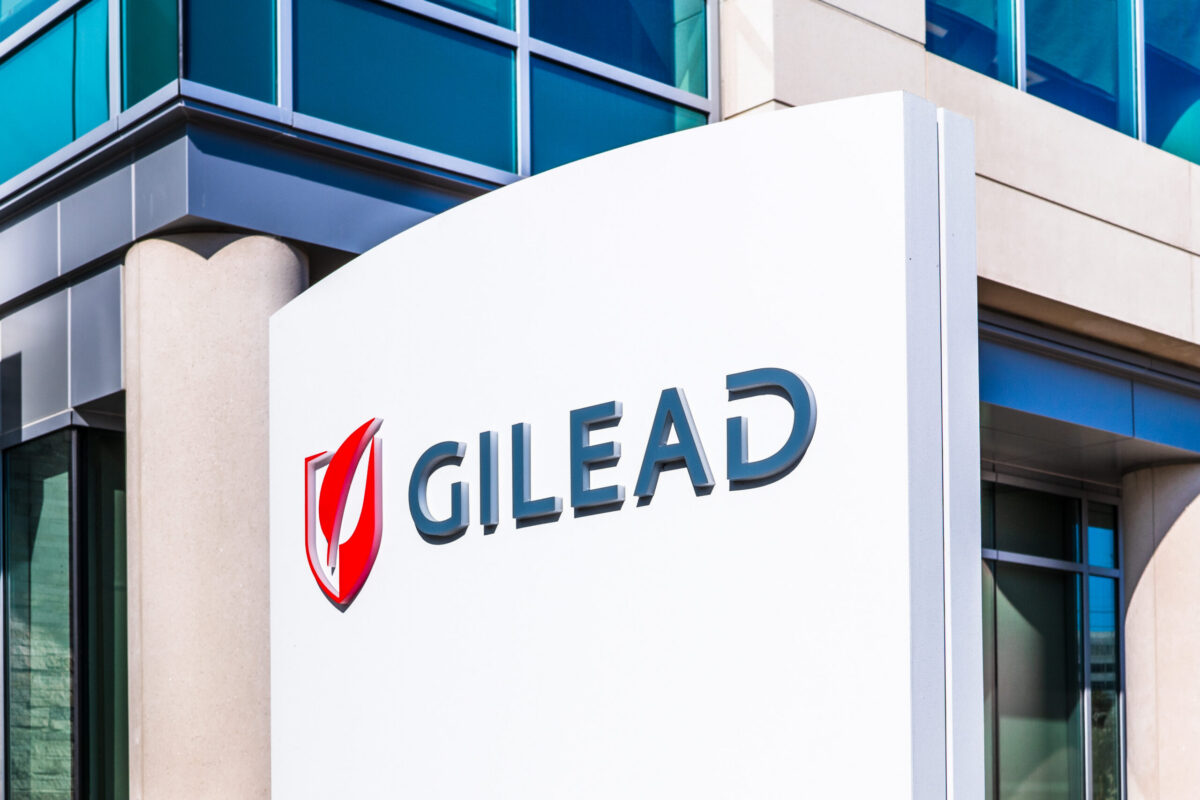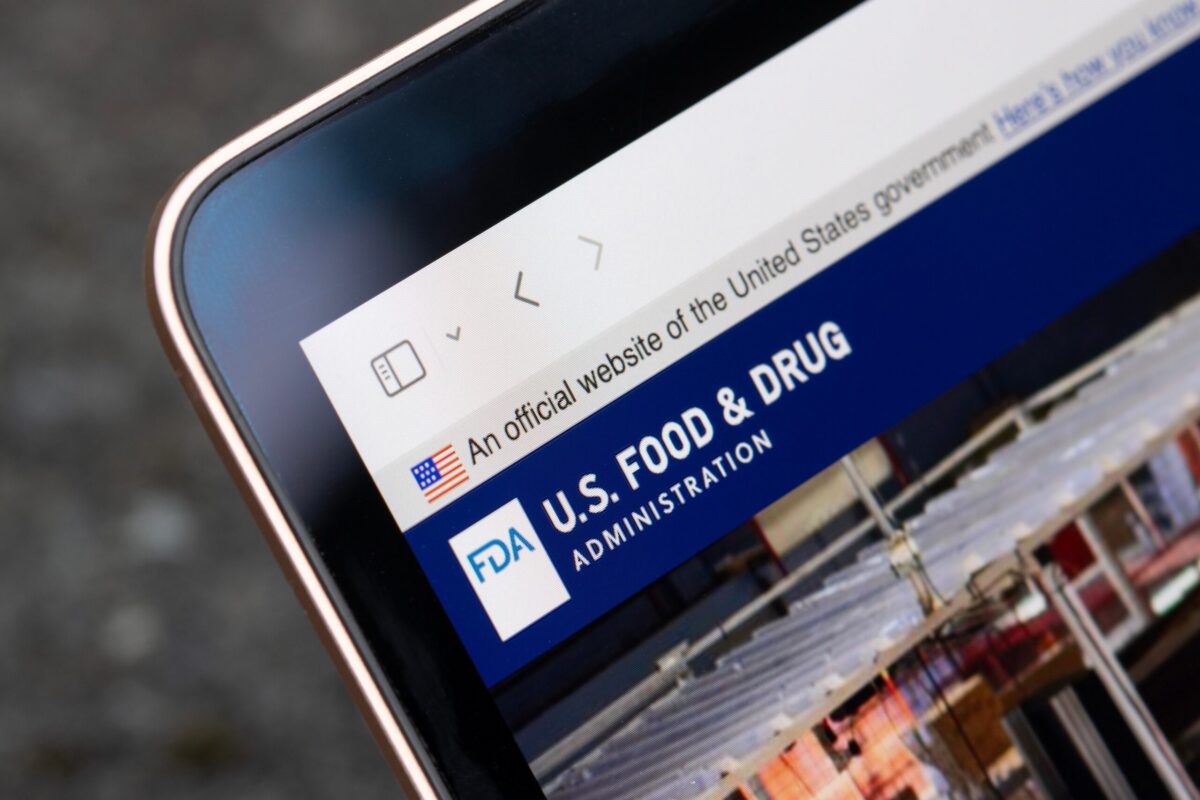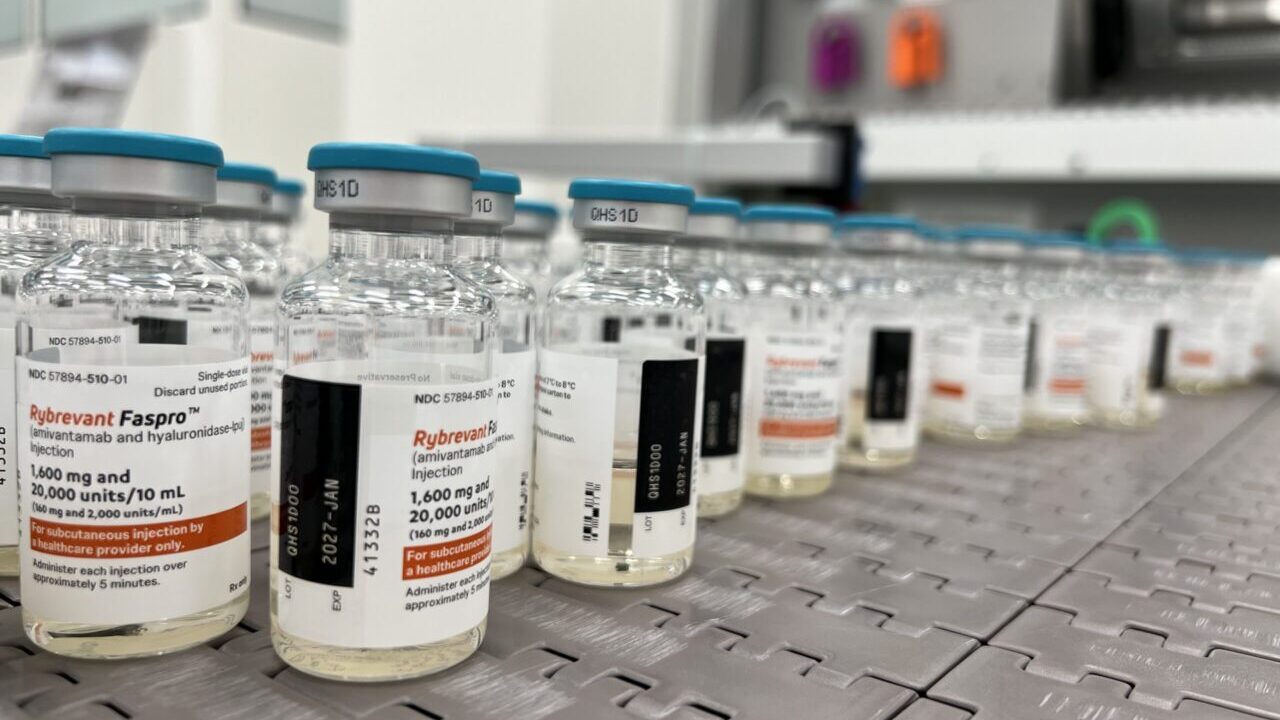The US Food and Drug Administration (FDA) has approved Bristol Myers Squibb’s (BMS) Cobenfy (xanomeline and trospium chloride), formerly KarXT, for the treatment of schizophrenia, the first new class of drug for the disorder to hit the market in over four decades.
The antipsychotic topped the year’s most highly anticipated FDA approvals list, given its novel mechanism of action, strong safety profile and minimal side effects. BMS picked up Cobenfy in a $14 billion buyout of neurology biotech Karuna Therapeutics in 2023.
The oral tablet treatment selectively targets cholinergic receptors (specifically the muscarinic cholinergic M1 and M4 receptors) as opposed to dopamine D2 receptors in the brain as most current, conventional treatments do.
Schizophrenia is a chronic and severe mental health disorder that affects how a person thinks, feels and behaves. It is characterized by symptoms such as hallucinations (like hearing voices), delusions, disorganized thinking, paranoia and abnormal motor behavior, which can interfere with daily functioning. It can also be linked to cognitive difficulties, challenges in social interactions and a lack of motivation.
Symptoms usually emerge in early adulthood and vary from person to person, making diagnosis and management challenging. While the standard treatment can effectively control schizophrenia symptoms, up to 60 percent of individuals experience insufficient symptom relief or intolerable side effects during therapy.
According to the FDA, about one percent of people in the US suffer from the condition and globally, it is one of the 15 leading causes of disability. People with schizophrenia face a higher risk of early mortality, with nearly five percent dying by suicide.
An estimated 24 million people live with schizophrenia worldwide with around 2.8 million people suffering from the disorder, according to BMS in a press release announcing Cobenfy’s approval.
Related: World Schizophrenia Day 2024: Novel Treatments and Industry Impact
Only 1.6 million patients in the US receive treatment for schizophrenia, said BMS’ chief medical officer, Samit Hirawat, MD, in an interview. This is largely due to the hefty side effect burden of current schizophrenia medicines on the market, he explained. Approximately 70 percent of patients end up discontinuing their medicines due to the high burden of side effects.
The side effects of current schizophrenia medicines include weight gain, movement disorders, excessive sedation and more. In contrast, Cobenfy’s main side effects include nausea, vomiting and constipation, which are transient and can be treated with common antiemetics, explained BMS’ chief commercialization officer Adam Lenkowsky.
“Schizophrenia is a leading cause of disability worldwide. It is a severe, chronic mental illness that is often damaging to a person’s quality of life,” said Tiffany Farchione, MD, director of the Division of Psychiatry, Office of Neuroscience in the FDA’s Center for Drug Evaluation and Research (CDER) in the FDA’s news release. “This drug takes the first new approach to schizophrenia treatment in decades. This approval offers a new alternative to the antipsychotic medications people with schizophrenia have previously been prescribed.”
Cobenfy selectively targets the muscarinic receptors M1 and M4, which are associated with learning, memory and cognition, over dopamine receptors. This leads to an impact on both positive symptoms of schizophrenia, such as hallucinations and delusions, as well as negative symptoms like reduced emotional output, speech, motivation and pleasure, explained Lenkowsky. Traditional antipsychotics targeting dopamine pathways mainly act on positive symptoms like hallucinations and delusions.
XTALKS WEBINAR: Accelerating Psychiatry Clinical Trials Through a Patient-Centric Approach: Real Patients, Real Outcomes
Live and On-Demand: Wednesday, October 30, 2024, at 10am EDT (3pm CET/EU-Central)
Register for this free webinar to explore the steps that can be made towards improving psychiatry trials, including recognizing the complexity of the population in protocol and trial design, understanding the patient’s journey to optimize patient recruitment and retention and increasing diversity and equality. The featured speakers will also discuss minimizing bias and placebo response mitigation, patient and site education for consistency and accuracy and rater training and oversight.
Cobenfy’s approval was based on data from the EMERGENT clinical program, which includes three placebo-controlled efficacy and safety trials and two open-label trials evaluating the long-term safety and tolerability of the medicine for up to one year.
In the Phase III EMERGENT-2 and EMERGENT-3 trials, Cobenfy achieved its primary endpoint by leading to statistically significant reductions in schizophrenia symptoms compared to placebo, as measured by the change in Positive and Negative Syndrome Scale (PANSS) total score from baseline to week five. The PANSS is a 30-item scale used to assess schizophrenia symptoms.
Additionally, Cobenfy resulted in a 9.6-point reduction and an 8.4-point reduction in PANSS total score compared to placebo at week five in EMERGENT-2 and EMERGENT-3, respectively. In EMERGENT-2, Cobenfy demonstrated a statistically significant improvement in illness from baseline to week five, as measured by the Clinical Global Impression-Severity (CGI-S) score, a secondary endpoint in the trial.
Lenkowsky said the FDA approval of Cobenfy is a “full-circle moment,” allowing BMS to re-enter the schizophrenia space in an “exceptionally meaningful way with an opportunity to help patients and caregivers who desperately need a new treatment.”
BMS disclosed that a one-month supply of Cobenfy would be priced at $1,850 before discounts, or $22,500 annually, aligning with the cost of other branded antipsychotics, according to a note from Leerink Partners analysts on Friday.
In a separate note, William Blair analysts projected that Cobenfy could reach peak US sales of around $2 billion by 2030, based solely on its use for schizophrenia. If Cobenfy is approved for additional indications, such as Alzheimer’s disease, the analysts predict that US sales could climb to between $3 billion and $5 billion.
BMS said it is planning to launch Cobenfy in about a month’s time. The medicine is expected to be available on the market in late October.
Coinciding with Cobenfy’s approval, neuroscience biotech Spinogenix announced the launch of a Phase II trial for SPG302 for the treatment of schizophrenia. The drug, which works to restore lost synapses in the brain through synaptic regeneration, is designed to improve both positive and negative symptoms, such as social withdrawal and lack of emotion, as well as cognitive deficits associated with schizophrenia. Spinogenix was initially developing the pill for the treatment of amyotrophic lateral sclerosis (ALS) but has since pivoted to investigating it in schizophrenia as well.
If you want your company to be featured on Xtalks.com, please email [email protected].












Join or login to leave a comment
JOIN LOGIN